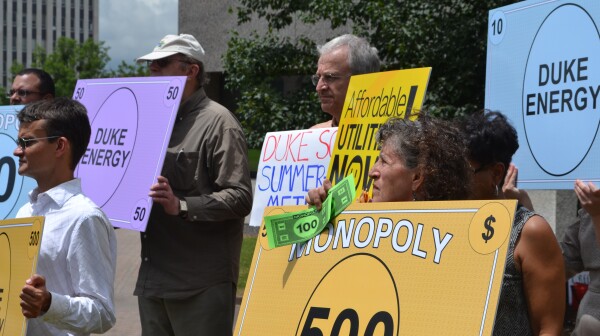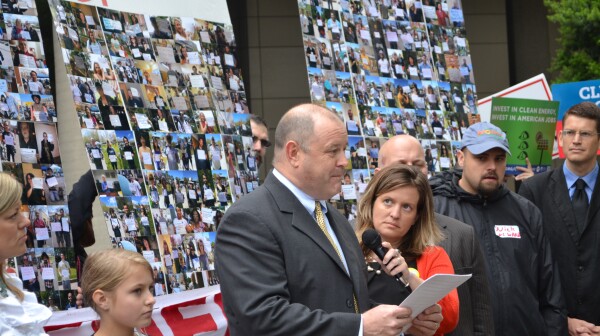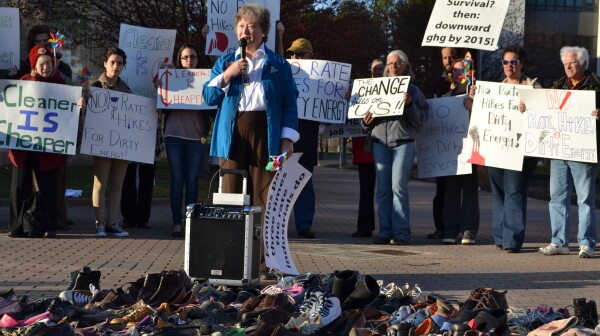AARP Eye Center
CLOSE ×
Search
Popular Searches
- right_container
- Health
- Money
- Work & Jobs
- Advocacy
- Social Security
- Medicare
- Caregiving
- Games
- Travel
- More...
- Entertainment & Style
- Family & Relationships
- Personal Tech
- Home & Living
- Auto
- Staying Sharp
- Podcasts
- Videos
Natural gas is an indispensable part of our modern lifestyle. It supplies about one-forth of the energy consumed in the United States. But if Piedmont Natural Gas Company gets what is is asking state energy regulators for, residential customers will see rates increase by almost 12 percent. AARP weighed in with the NC Utilities Commission asking them to trim and reject parts of the company's rate hike request.
Bowing to pressure from thousands of older adults struggling to pay a range of bills from medicines, water, and groceries, Duke Progress Energy was forced to accept a much lo wer rate increase than it requested from the North Carolina Utilities Commission. Late Friday, the Commission rejected Duke’s $20 average increase, cutting it back by $11 per residential customer. With this decision, Duke Progress customers will pay about $6 per month more for their electricity, and about $3 per month more for a monthly service charge.
By Andrew Behm
By Mary Bethel and Helen Savage
Last week, the Public Staff of the North Carolina Utilities Commission proposed a settlement of the Duke Energy rate request that would provide the company with an additional $235 million in revenue over the next two years. If the full Commission agrees with the Public Staff’s proposal, residents could be forced to pay over 11 percent more for their electricity over the next two years.
Rising senior Andrew Behm, a communication studies major, is honing his college coursework by practicing public relations with North Carolina’s largest consumer organization AARP.
CHARLOTTE -- AARP members from the Carolinas joined a chorus of protesters at the Duke Energy shareholders meeting who feel the company's rate hike requests are excessive in today's economy.
In response to the NC Supreme Court's decision in April that requires the North Carolina Utilities Commission to factor the interests of residential consumers in order to justify the 10.5 percent return on equity it granted to Duke Energy in 2012. AARP is arguing that double digit profit guaranteed to Duke is inconsistant with the state's economic realities.
By Bridgette A. Lacy for AARP
Raise your voice before they raise your rates
Search AARP North Carolina
Connecting you to what matters most, like neighbors do. Find events, volunteer opportunities and more near you.
Sign Up & Stay Connected
















)


















.jpg?crop=true&anchor=13,195&q=80&color=ffffffff&u=lywnjt&w=2008&h=1154)





































